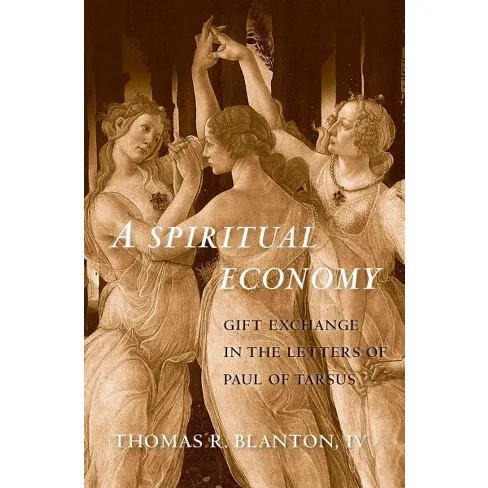How does Paul come to understand himself as a messenger of Jesus? How did that message change in those hazy decades between the life of the historical Jesus and Paul’s co-writings?
Read MoreDissertation Spotlight | Divine Accounting: Theo-Economics in the Letter to the Philippians
In the ancient Mediterranean, the divine was an active participant in the economy. In Divine Accounting: Theo-Economics in the Letter to the Philippians, I investigate how early Christ-followers used financial language to articulate and imagine their relationship to the divine.
Read MoreBook Note | A Spiritual Economy: Gift Exchange in the Letters of Paul of Tarsus
A Spiritual Economy is a helpful addition to recent studies in gifts in the letters of Paul, and its multidisciplinary engagement contributes to the study of religion in antiquity and to broader conversations in history, sociology, and anthropology about gift exchange.
Read MoreBook Note | The People Beside Paul: The Philippian Assembly and History from Below
"How does an orientation towards “a people’s history,” following Howard Zinn, help scholars ask new questions about the context and content of Paul’s Letter to the Philippians, a brief but important text in the Pauline corpus?"
Read More

